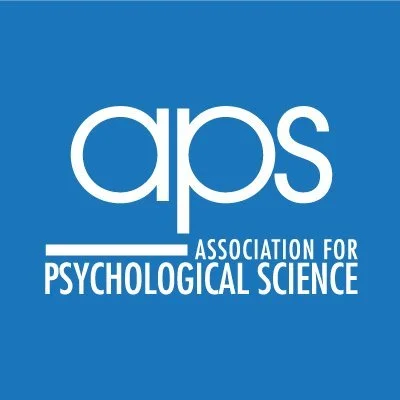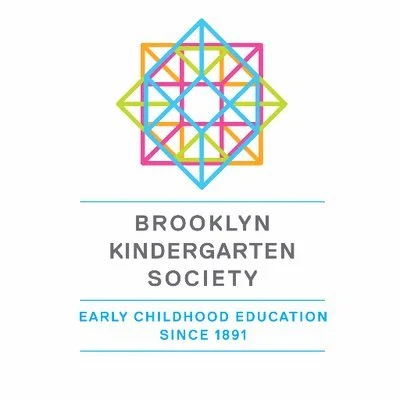Implementing Cognitive ToyBox in Louisiana Center-Based Pre-K Settings
By Rachel Tripathy1 , Kevin Huang1 , and Tammy Kwan2
Published November 2021
Background
The study presented in the linked article evaluated the effectiveness of Cognitive ToyBox's kindergarten readiness assessment tool, which is designed to identify children's strengths and weaknesses in cognitive, social-emotional, and academic areas. The study involved over 1,500 children from 52 schools across Louisiana, making it a large and comprehensive evaluation of the tool's validity and reliability.
The tool was found to be a reliable and valid measure of kindergarten readiness, and its predictive validity was evaluated by tracking the academic performance of the children over time. The results showed that the tool was a strong predictor of early literacy and numeracy skills, making it a valuable resource for educators in assessing kindergarten readiness and supporting children's early learning and development.
Study Goals
To understand the degree to which administrators, teachers and students in child care settings were able to use the CTB assessments and reports as intended
To gather feedback on the new family engagement module and its ability to support at-home learning
To gather additional data for CTB to use for reliability and validity analyses
Challenges
The study also highlighted some of the challenges faced by educators in assessing kindergarten readiness. One major challenge is the lack of a standardized assessment tool that can effectively capture the diverse range of skills and abilities that children bring to kindergarten. This challenge is particularly important given the increasing diversity of the student population in many schools and the need for assessments to be equitable and responsive to the needs of all children.
Another challenge is the need for assessments to be developmentally appropriate, culturally responsive, and non-biased. This is essential to ensure that assessments accurately reflect children's abilities and potential and do not perpetuate biases or stereotypes that may unfairly limit children's opportunities for learning and growth.
Outcomes
Overall, the study's findings suggest that the Cognitive ToyBox assessment tool can be a valuable resource for educators in assessing kindergarten readiness and supporting children's early learning and development. The tool's reliability and validity make it a promising option for schools and districts looking for an effective and efficient way to assess children's readiness for kindergarten.
However, the study also highlights the need for continued efforts to develop and refine assessment tools that are effective, equitable, and responsive to the needs of all children. This includes the development of standardized tools that can capture the diverse range of skills and abilities that children bring to kindergarten, as well as the ongoing evaluation and refinement of existing tools to ensure that they are culturally responsive, non-biased, and developmentally appropriate. By addressing these challenges, educators can better support children's early learning and development and help ensure that all children have the opportunity to succeed in school and beyond.
Other Research













